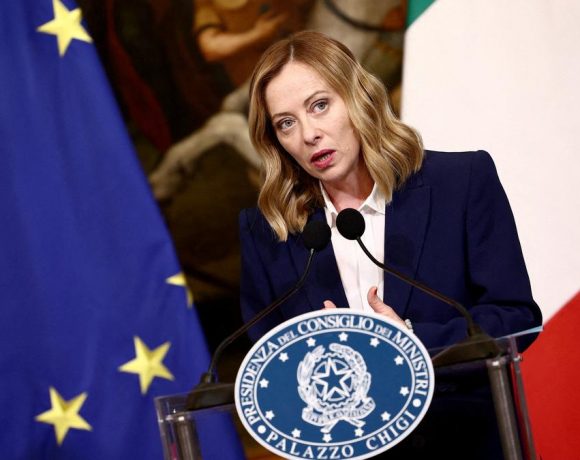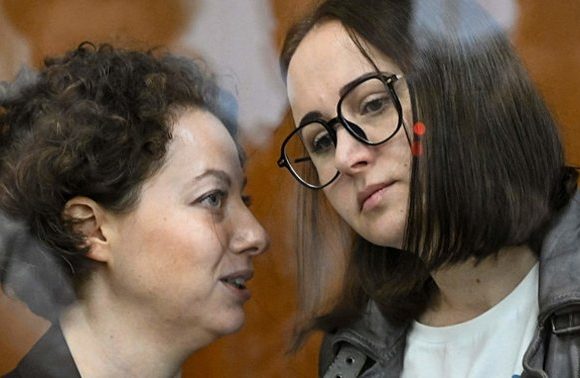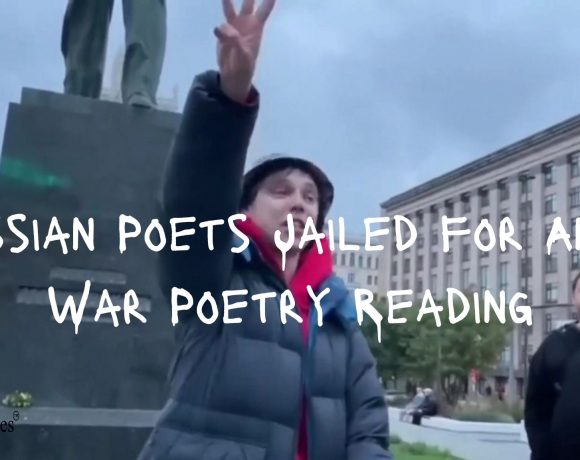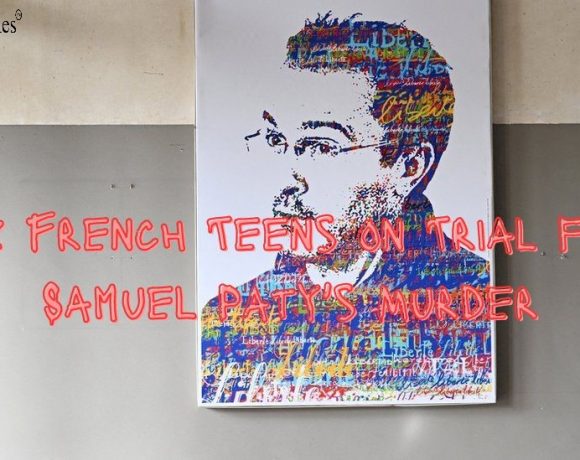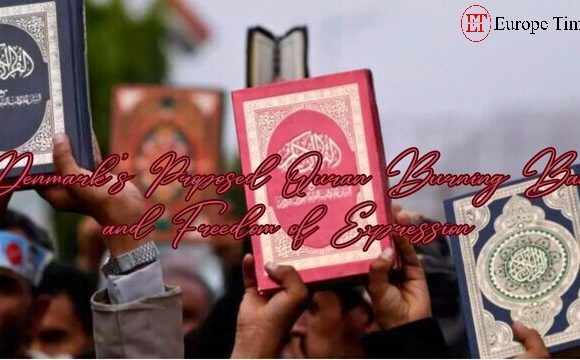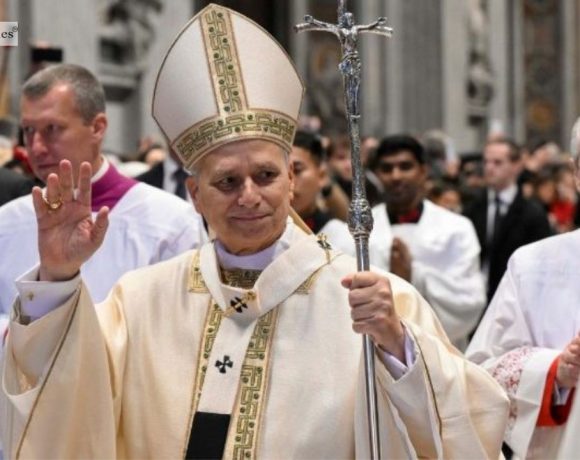
Pope Leo on Friday delivered a sharply worded annual foreign policy speech at the Vatican, condemning the growing use of military force to achieve diplomatic goals and warning that global conflicts are becoming increasingly normalized. Addressing ambassadors from 184 countries, the first U.S.-born pope said international institutions were failing to restrain wars, as diplomacy based on dialogue was being replaced by diplomacy rooted in force.
Referring to recent events in Venezuela, including the capture of President Nicolas Maduro by U.S. forces, Leo urged governments to “respect the will” of the Venezuelan people and safeguard their human and civil rights. He stressed that protecting democratic choice and basic freedoms must remain central to international engagement, particularly in politically fragile nations.
In a notably fiery tone, Leo also criticized abortion, euthanasia and surrogate births, while warning that freedom of expression was shrinking in Western societies. He cautioned against what he called an emerging “Orwellian-style language” that excludes dissenting views under the guise of inclusivity, and highlighted what he described as subtle religious discrimination against Christians in Europe and the Americas.
Pic courtesy: google/ images are subject to copyright


